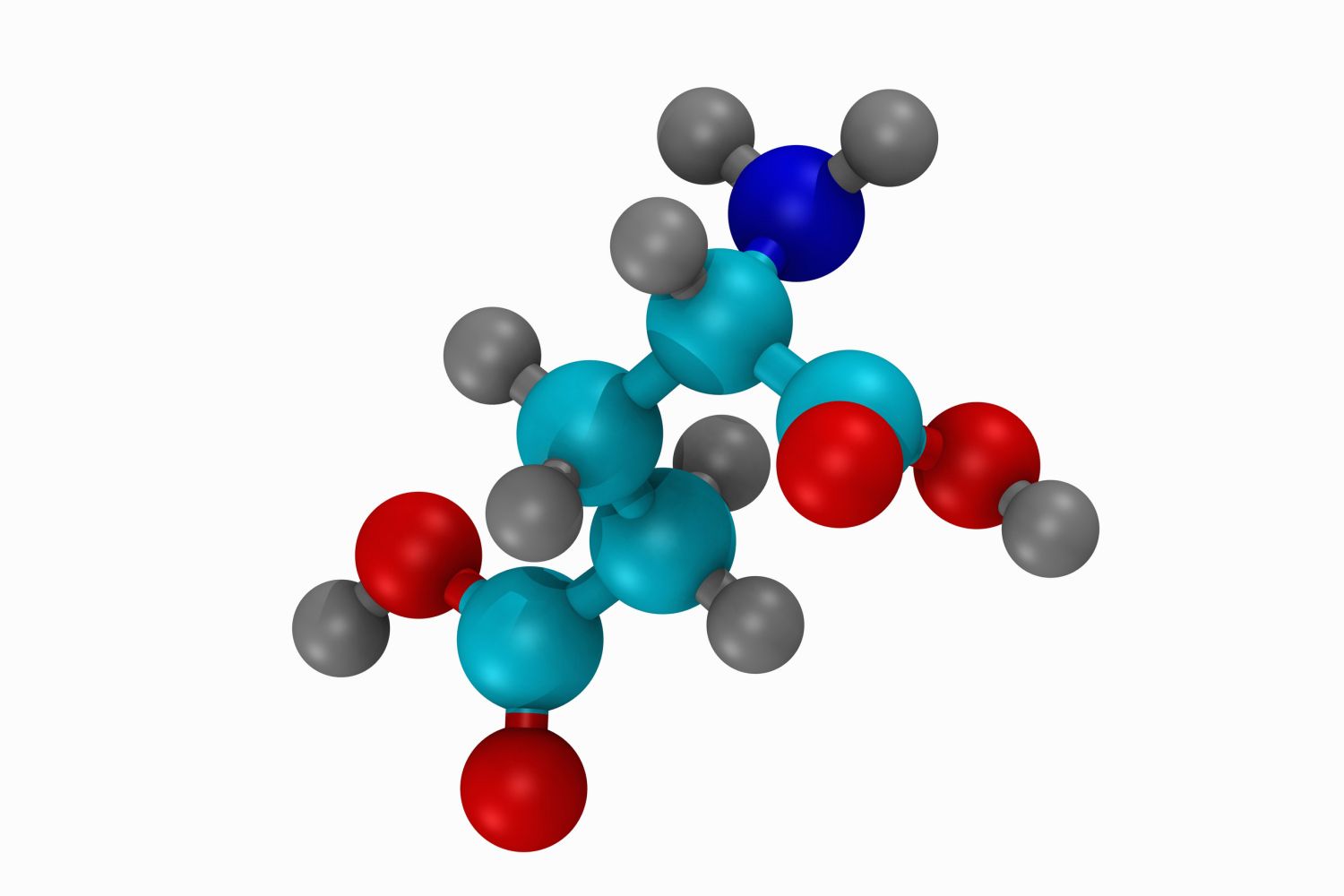
Thyroid-stimulating hormone (TSH) plays a crucial role in regulating your body's metabolism, energy levels, and overall well-being. Produced by the pituitary gland, TSH stimulates the thyroid to release hormones that control how your body uses energy. Understanding TSH levels can help diagnose thyroid disorders like hypothyroidism and hyperthyroidism. These conditions can affect everything from weight and mood to heart rate and temperature regulation. Monitoring TSH is essential for maintaining a healthy thyroid and ensuring your body functions optimally. Whether you're curious about how TSH impacts your health or need to manage a thyroid condition, knowing these 35 facts about TSH will empower you with valuable knowledge.
What is Thyroid-Stimulating Hormone (TSH)?
Thyroid-stimulating hormone (TSH) plays a crucial role in regulating the thyroid gland. This hormone, produced by the pituitary gland, influences various bodily functions. Here are some intriguing facts about TSH:
-
TSH Production: TSH is produced in the anterior pituitary gland, a small gland located at the base of the brain.
-
Thyroid Regulation: TSH stimulates the thyroid gland to produce two main hormones: thyroxine (T4) and triiodothyronine (T3).
-
Feedback Loop: The production of TSH is regulated by a feedback loop involving the hypothalamus, pituitary gland, and thyroid gland.
-
TSH Levels: Normal TSH levels typically range from 0.4 to 4.0 milli-international units per liter (mIU/L).
-
Hypothyroidism Indicator: High TSH levels often indicate hypothyroidism, a condition where the thyroid gland is underactive.
-
Hyperthyroidism Indicator: Low TSH levels can suggest hyperthyroidism, where the thyroid gland is overactive.
How TSH Affects the Body
TSH impacts various bodily functions, from metabolism to growth. Understanding these effects can help grasp the hormone's significance.
-
Metabolism: TSH influences the body's metabolism by regulating the production of thyroid hormones.
-
Energy Levels: Proper TSH levels ensure adequate energy production, affecting overall vitality.
-
Growth and Development: In children, TSH is essential for normal growth and brain development.
-
Heart Rate: TSH indirectly affects heart rate by controlling thyroid hormone levels.
-
Body Temperature: TSH helps regulate body temperature through thyroid hormone production.
Diagnosing Thyroid Disorders
TSH levels are a key diagnostic tool for thyroid disorders. Here's how they help in diagnosis:
-
Blood Tests: TSH levels are measured through blood tests to diagnose thyroid conditions.
-
TSH and T4 Tests: Often, TSH tests are paired with T4 tests for a comprehensive thyroid function assessment.
-
TSH Screening: Newborns are routinely screened for TSH levels to detect congenital hypothyroidism.
-
Monitoring Treatment: TSH levels are monitored to adjust thyroid disorder treatments.
-
Autoimmune Disorders: Abnormal TSH levels can indicate autoimmune thyroid disorders like Hashimoto's thyroiditis or Graves' disease.
Factors Influencing TSH Levels
Various factors can affect TSH levels, leading to fluctuations. Understanding these can aid in managing thyroid health.
-
Medications: Certain medications, like lithium and amiodarone, can alter TSH levels.
-
Pregnancy: TSH levels can change during pregnancy, often requiring monitoring.
-
Diet: Iodine intake directly impacts TSH levels, as iodine is crucial for thyroid hormone production.
-
Stress: High stress levels can influence TSH production and thyroid function.
-
Age: TSH levels can vary with age, often increasing in older adults.
TSH and Thyroid Treatments
TSH levels guide the treatment of thyroid disorders. Here's how they play a role in managing these conditions:
-
Levothyroxine: For hypothyroidism, levothyroxine is prescribed to normalize TSH levels.
-
Antithyroid Medications: In hyperthyroidism, antithyroid medications help lower TSH levels.
-
Radioactive Iodine: This treatment for hyperthyroidism aims to reduce thyroid hormone production, affecting TSH levels.
-
Surgery: Thyroidectomy, or thyroid removal, may be necessary for severe thyroid disorders, impacting TSH levels.
-
Regular Monitoring: Patients on thyroid treatments require regular TSH level checks to ensure effective management.
Interesting Facts about TSH
Beyond its medical significance, TSH has some fascinating aspects worth noting.
-
Evolutionary Role: TSH and thyroid hormones have been crucial in vertebrate evolution, influencing metabolism and development.
-
Cold Adaptation: In cold environments, TSH levels can increase to boost metabolism and generate heat.
-
Seasonal Variations: TSH levels can exhibit seasonal variations, often higher in winter.
-
Genetic Factors: Genetic variations can influence individual TSH levels and thyroid function.
-
Circadian Rhythm: TSH levels follow a circadian rhythm, typically peaking at night.
Myths and Misconceptions about TSH
Several myths surround TSH and thyroid health. Let's clear up some common misconceptions.
-
Weight Gain: While thyroid disorders can affect weight, TSH alone isn't the sole factor in weight gain or loss.
-
Dietary Supplements: Not all dietary supplements claiming to boost thyroid health are effective or safe.
-
Self-Diagnosis: Diagnosing thyroid disorders based on symptoms alone without TSH testing can be misleading.
-
Natural Remedies: While some natural remedies may support thyroid health, they shouldn't replace medical treatments for thyroid disorders.
Final Thoughts on TSH
Understanding thyroid-stimulating hormone (TSH) is crucial for maintaining overall health. This hormone, produced by the pituitary gland, regulates the thyroid, impacting metabolism, energy levels, and even mood. Abnormal TSH levels can indicate hypothyroidism or hyperthyroidism, leading to various health issues. Regular check-ups and blood tests help monitor TSH levels, ensuring early detection and treatment of thyroid disorders. Lifestyle choices, like a balanced diet and stress management, also play a role in maintaining healthy TSH levels. Knowledge about TSH empowers individuals to take proactive steps in managing their thyroid health. Always consult healthcare professionals for personalized advice and treatment options. By staying informed and vigilant, one can effectively manage their thyroid health, leading to a better quality of life.
Was this page helpful?
Our commitment to delivering trustworthy and engaging content is at the heart of what we do. Each fact on our site is contributed by real users like you, bringing a wealth of diverse insights and information. To ensure the highest standards of accuracy and reliability, our dedicated editors meticulously review each submission. This process guarantees that the facts we share are not only fascinating but also credible. Trust in our commitment to quality and authenticity as you explore and learn with us.


